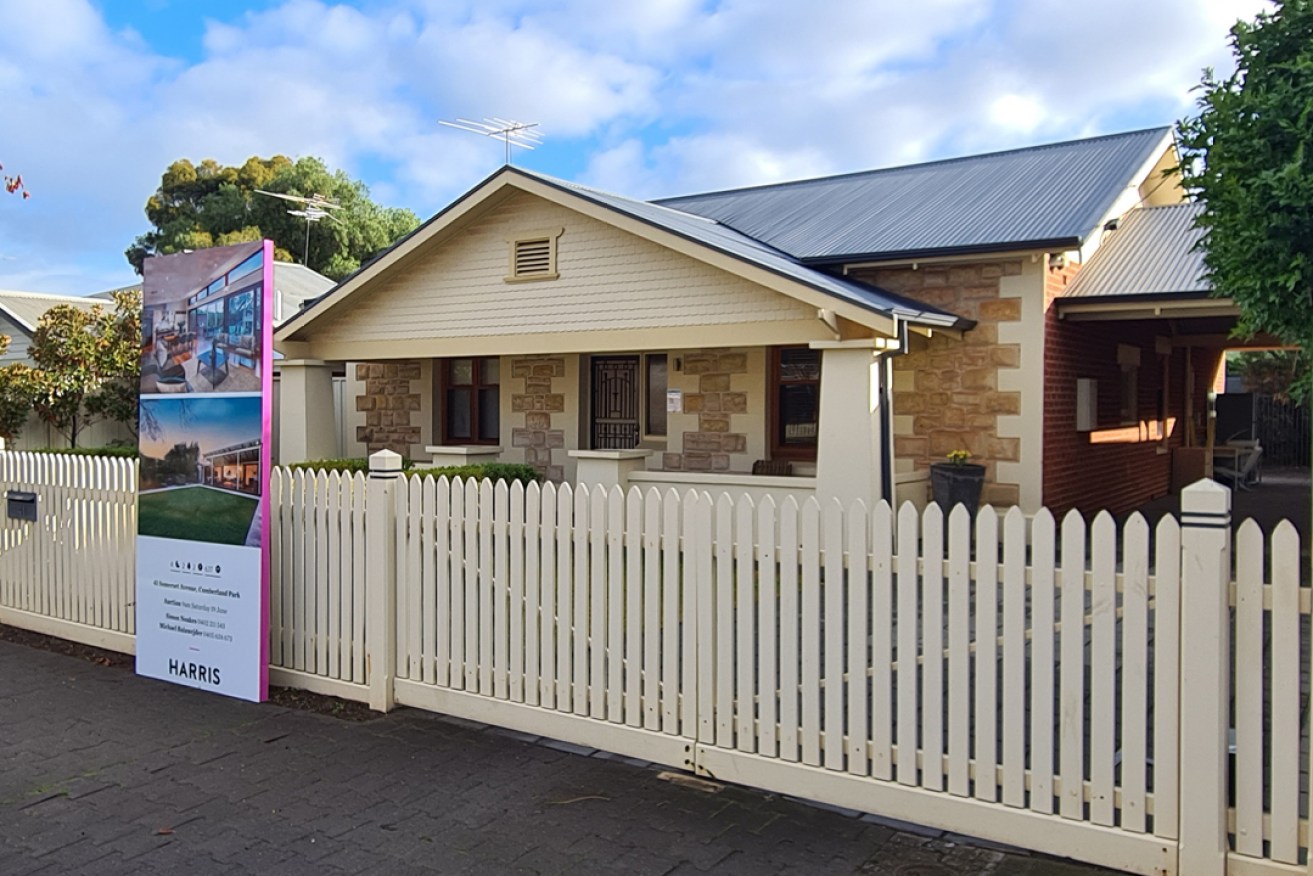Interstate buyers snapping up SA houses
The number of houses in South Australia being sold to residents of Victoria and New South Wales has more than tripled so far this year, as the real estate industry benefits from the state’s first net migration gain in almost 30 years.


Figures released this week by the Real Estate Institute of SA (REISA) show people from NSW bought 168 homes in SA from January to March this year compared with 29 in the first three months of 2020, while Victorians purchased 148 – up from 44.
REISA says the figures are due to a combination of an influx in interstate migration to SA and an increase in the number of eastern states’ investors snapping up relatively affordable rental properties here.
South Australia recorded a net migration gain of 98 people in 2020, the first positive gain since 1992.
It came as more than 12,000 people exited Victoria and 18,000 left NSW, the two states most greatly impacted by the coronavirus pandemic.
Queensland had the biggest net gain with more than 30,000 residents flocking north to the sunshine state, while Tasmania’s net gain was a little over 1000.
REISA CEO Barry Money said the number of interstate residents buying up homes in SA in the first few months of this year had increased by 313 per cent on the same period in 2020, with NSW and Victoria leading the charge.
“We believe that a good number of these buyers are investors, attracted by the excellent returns that are available here,” he said.
“However, we consider the majority of purchases are a result of the net positive migration, with professionals and returning South Australians attracted not only by the value, but by the lifestyle and confidence in the positive change of direction in SA’s economic thrust.
“The state has handled the COVID pandemic extremely well, the turnaround from traditional manufacturing to an innovative hub for corporates has played extremely well to professionals and investors and I think these numbers are reflective of that level of confidence in the state.”
There were 6588 houses sold in South Australia in the March quarter; two-thirds in metropolitan Adelaide compared with 5461 sales in the same period last year, with more than 70 per cent of those sales in Adelaide.
The state’s median house price has also risen from $430,000 to $450,000 in the 12-month period while Adelaide’s median jumped from $479,000 to $518,000 in the first three months of this year.
Money said sales to interstate buyers were at historical highs and would likely continue while the state maintained good levels of safety, liveability and innovation.
He said the volume of sales to interstate buyers was not high enough to be a primary factor in the 8.1 per cent increase in the median value of homes in metropolitan Adelaide in the past 12 months.
“The value of properties would be going up as a result of other macro-economic factors such as low interest rates, government incentives and high business and consumer confidence,” he said.
“On the whole, compared to the eastern seaboard, South Australia is still an extremely affordable market and a professional moving across could get a great property at a great price still even with the mini-boom that’s occurred and I would say that’s the same for investors as well.
“I think the interest in South Australia is a good thing for the state … but what that does is it puts pressure on the housing market in terms of stock for sales, listings and it puts pressure on the rental market.”
While established house sales are strong, the building industry in the state is also booming on the back of the federal government’s HomeBuilder scheme.
ABS figures for the March quarter show SA recorded a record value of new home construction in the March quarter of $605.4 million, eclipsing the previous mark of $591.5 million set in the June quarter of 2018.
The value of renovations and additions in the quarter reached $140.9 million, up 8.8 per cent on the March 2020 quarter.
“Eventually supply will have to cater to that massively increased demand,” Money said.
“That’s putting pressure on the market and obviously we have to empathise with those struggling to buy or rent properties.”




